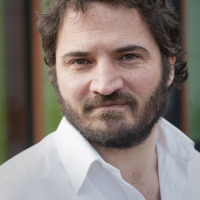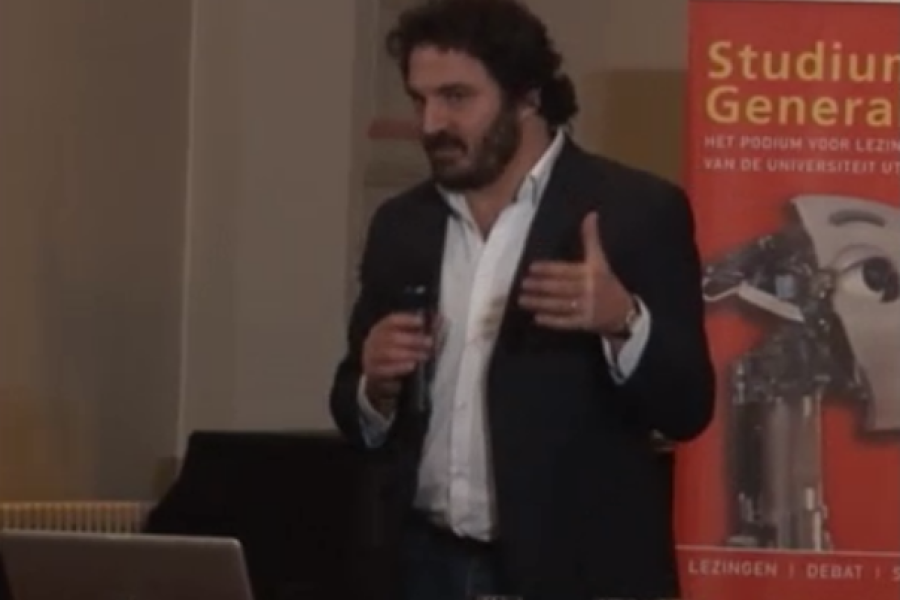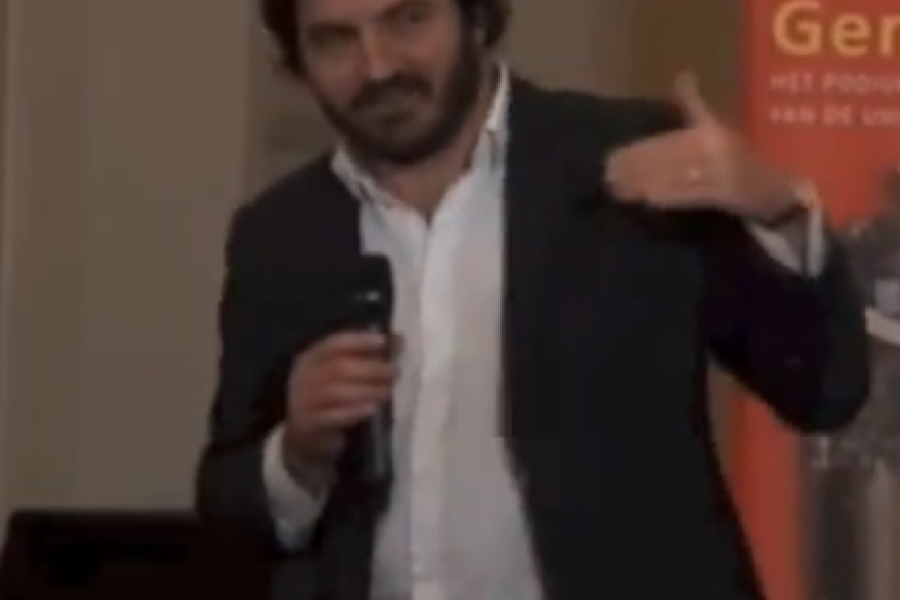Pablo Tittonell

Daarnaast is Tittonell gastdocent bij de Universiteit van Montpelier en de Nationale Universiteit van Lomas de Zamora in Buenos Aires.
Tittonell zit in het bestuur van het Africa Conservation Tillage Netwerk (ACT), een pan-Afrikaanse not-for-profit organisatie die verschillende partijen bij elkaar brengt met als doel de landouwproductiviteit te verbeteren met duurzaam gebruik van land en water.
Tittonell studeerde ecologie en lanbouw aan de Universiteit van Montpelier. Daarna behaalde hij zijn Phd aan de Universiteit Wageningen, waar hij onderzoek deed naar de ecologie van de productie en bescherming van natuurlijk hulpbronnen.
In zijn oratie als hoogleraar stelt Tittonell dat de huidige, intensieve landbouw niet de wereldbevolking kan blijven voeden in de toekomst. Er zijn radicale veranderingen nodig. De wereldvoedselproductie moet op een duurzame manier worden verhoogd, waarbij we slim gebruik moeten maken van de mogelijkheden van de natuurlijke functies van het ecosysteem.
---
Prof. dr. Ir. Pablo Tittonell is head of the Farming Systems Ecology group of Wageningen University. He is also associate professor at the University of Montpelier and the National University of Lomas de Zamora in Buenos Aires.
Furthermore, he is board member of the Africa Conservation Tillage Network, a pan-African not-for-profit organization who aims at bringing together different stakeholders and players to improve agricultural productivity through sustainable utilization of natural resources of land and water in Africa.
Tittonell studied ecology and agriculture at the University of Montpelier. After that he obtained his Phd in ecology of the production and conservation of resources at Wageningen University.
In his oration prof. Tittonell stated that the contemporary intense agriculture won't be able to feed the world population in the future. Radical changes are necessary. The world food production has to be increased, and we have to make use of the possibilities of the natural functions of the ecosystem, in a clever way.


